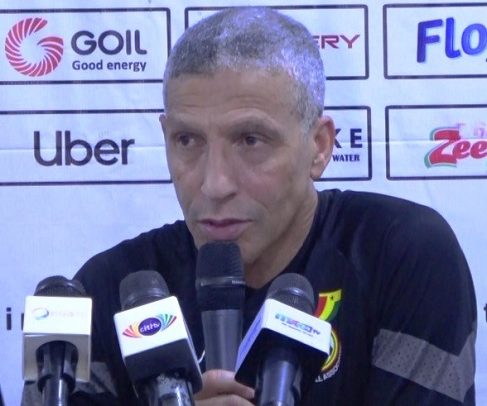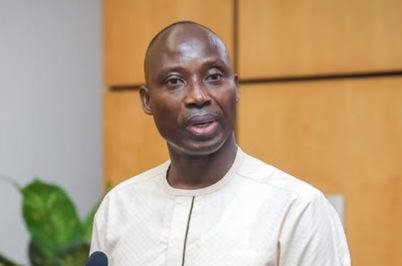
Retired security analyst Colonel Festus Aboagye says Ghana’s fight against illegal mining, also known as galamsey, is failing because many people in power—from the police to politicians—are secretly involved and protecting each other.
Speaking on The KeyPoints with Alfred Ocansey, he expressed disappointment over the repeated failure of government officials to fulfill promises of accountability.
“The Minister currently, he has said several times, ‘I will name and shame.’ Before him, people made pronouncements—‘we will name and shame,’” he recalled.
“Till today, nobody has named anybody and shamed anybody because the persons involved belong to all the political sides and across the spectrum of our society.”
According to the retired colonel, the problem of illegal mining extends beyond individual actors.
His comments were in reaction to the directive issued by the Minister for the Interior, Mohammed Muntaka Mubarak to the Insoector General of Police to transfer all Regional and District Police Commanders in galamsey areas.
Col Aboagye alleged that the menace has infiltrated entire structures, including the regional and district security frameworks.
“The police are not the only ones who may have been involved in galamsey. They were part of a system. Call it the regional security system,” he explained.
“The Regional Police Commander who belongs to the REGSEC, the Divisional Police Commander who also belongs to the DISEC, and even the District Police Chief Commander and Station Commander in galamsey areas have all been compromised.”
Colonel Aboagye noted that despite having access to intelligence, the state has failed to act decisively due to the involvement of high-ranking officials.
“The state will have the intelligence, but the state could not hold them to account because ministers were involved. Party officials were involved. So you couldn’t go and single out police alone.”
One of the most startling revelations came as Aboagye detailed the so-called “returns” system within the Police Service, an informal but widely accepted form of kickbacks and revenue-sharing that ensures silence and protection up the chain of command.
“Any revenues, whether in galamsey areas, on the market, on the roads—wherever the police collect money—they call it returns,” he said.
“The station officer, the police officer on the road, will send returns to the district, from district to division, from division to regional, from regional to national. Everybody gets his or her cut. That’s international.”
Drawing on his experience training police officers internationally, Aboagye highlighted that this practice is not unique to Ghana but is nevertheless toxic to law enforcement integrity.
He argued that the government’s recent decision to redeploy police officers in mining areas is not only justified but overdue.
“One way of making sure that the anti-galamsey fight is effective is to cause the IGP to move them around. Indeed, that itself is good practice,” Aboagye said.
“That is why no official stays in their office for probably more than two years. You become so acclimatised, so accustomed to your environment… over-familiar. Nothing bothers you again.”
This complacency, he warned, becomes a serious national security risk.
He believes the reshuffling of other public officials—such as chairs of regional coordinating councils, DCEs and MCEs was politically convenient since new appointments were made with the change in government.
However, the same cannot be said for entrenched public officers like police commanders and forestry officials.
“These are the public officers who could not ordinarily be changed or rotated by the government. So, then you give this kind of directive to get the IGP to now move them around.”
Colonel Aboagye further advocated for similar reforms at the Minerals Commission and Forestry Commission, pointing out that some officials have enabled environmental degradation through excessive licensing.
“People were saying that the Minerals Commission gentleman should move because he was the one who granted all the licenses. And he cannot tell us that he did that because that was his mandate.”
He was particularly critical of officials who issued “ridiculously large numbers of licenses,” calling for their removal as part of any legal reforms or legislative amendments.
“If we are going to revoke that L.I. 2462 or 2642, even if we are going to amend it, those who work with the L.I. and issue ridiculously large numbers of licenses should all be removed from office and get new people to come and work with the new vision of the new government.”
The post Galamsey: Till today, nobody has named anybody and shamed anybody – Festus Aboagye first appeared on 3News.
Read Full Story





















Facebook
Twitter
Pinterest
Instagram
Google+
YouTube
LinkedIn
RSS